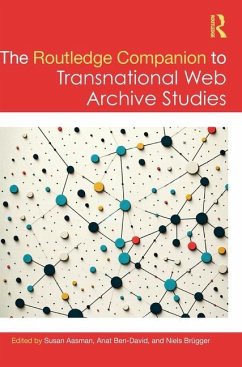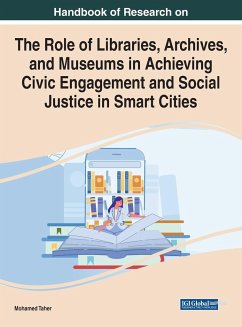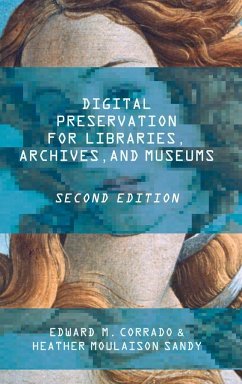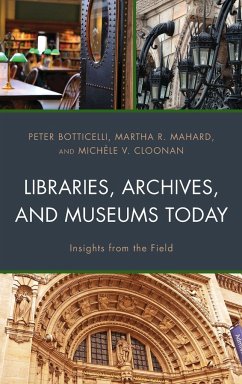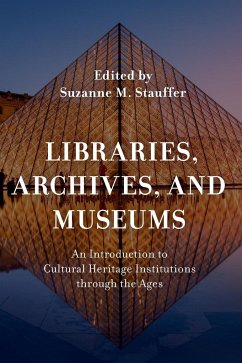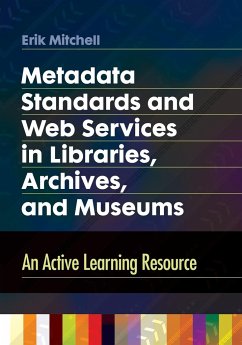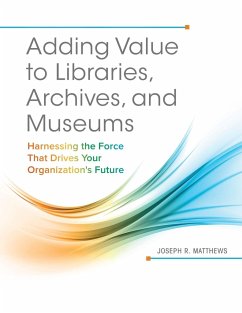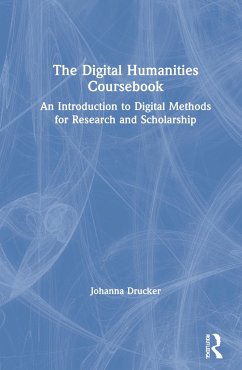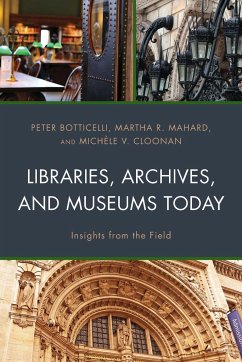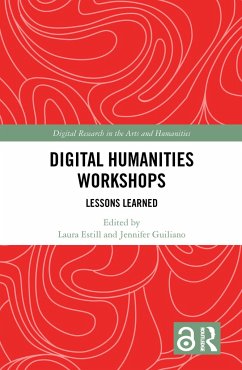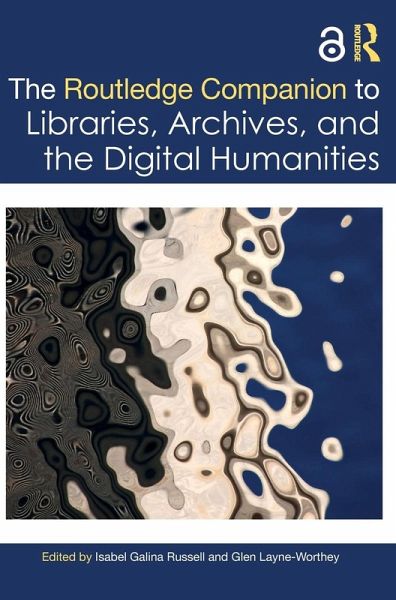
The Routledge Companion to Libraries, Archives, and the Digital Humanities
Versandkostenfrei!
Versandfertig in 1-2 Wochen
263,99 €
inkl. MwSt.
Weitere Ausgaben:

PAYBACK Punkte
132 °P sammeln!
The Routledge Companion to Libraries, Archives, and the Digital Humanities covers a wide range of issues encountered in the world's libraries and archives as they continue to expand their support of, and direct engagement in, DH research and teaching.





